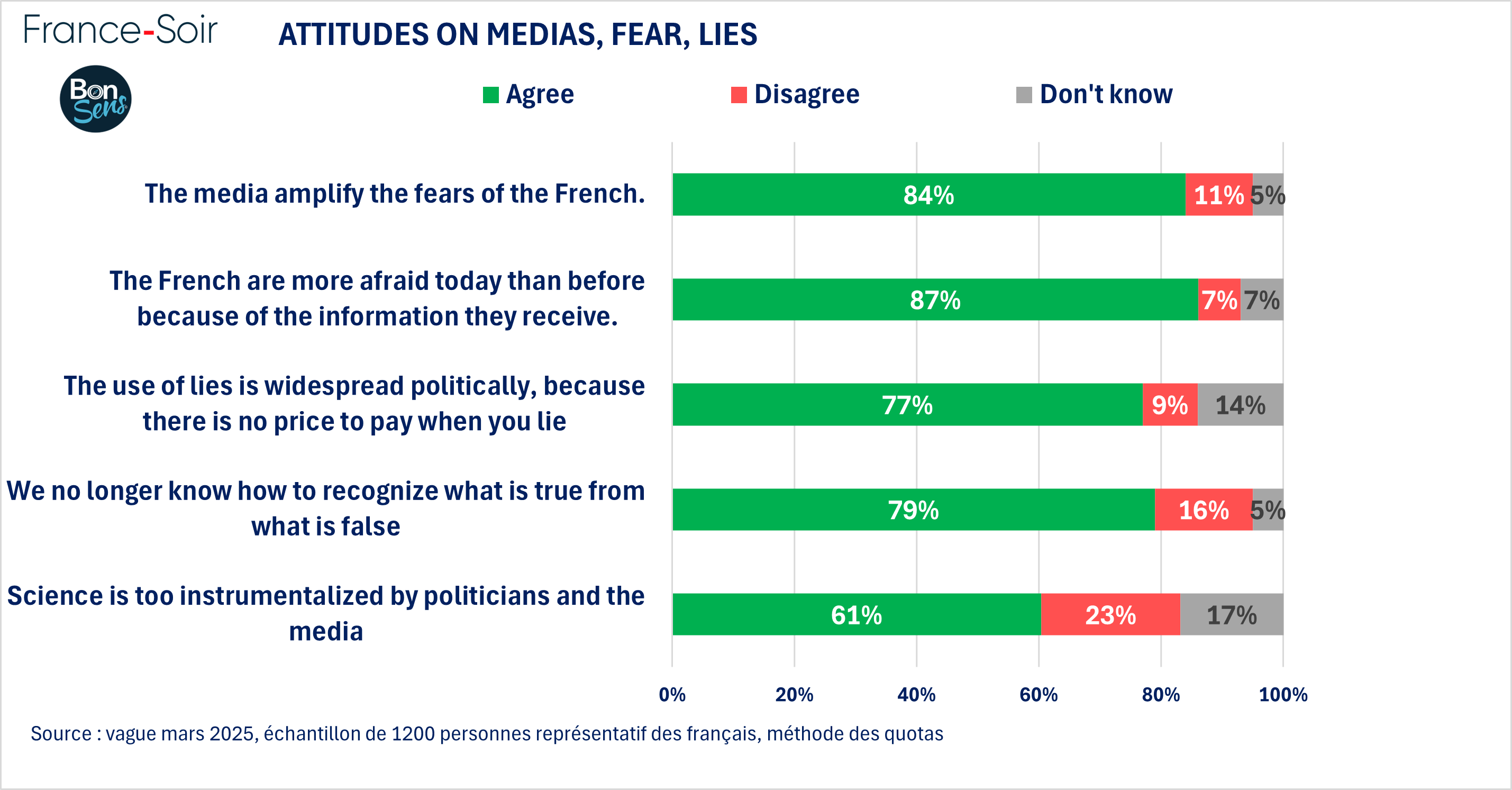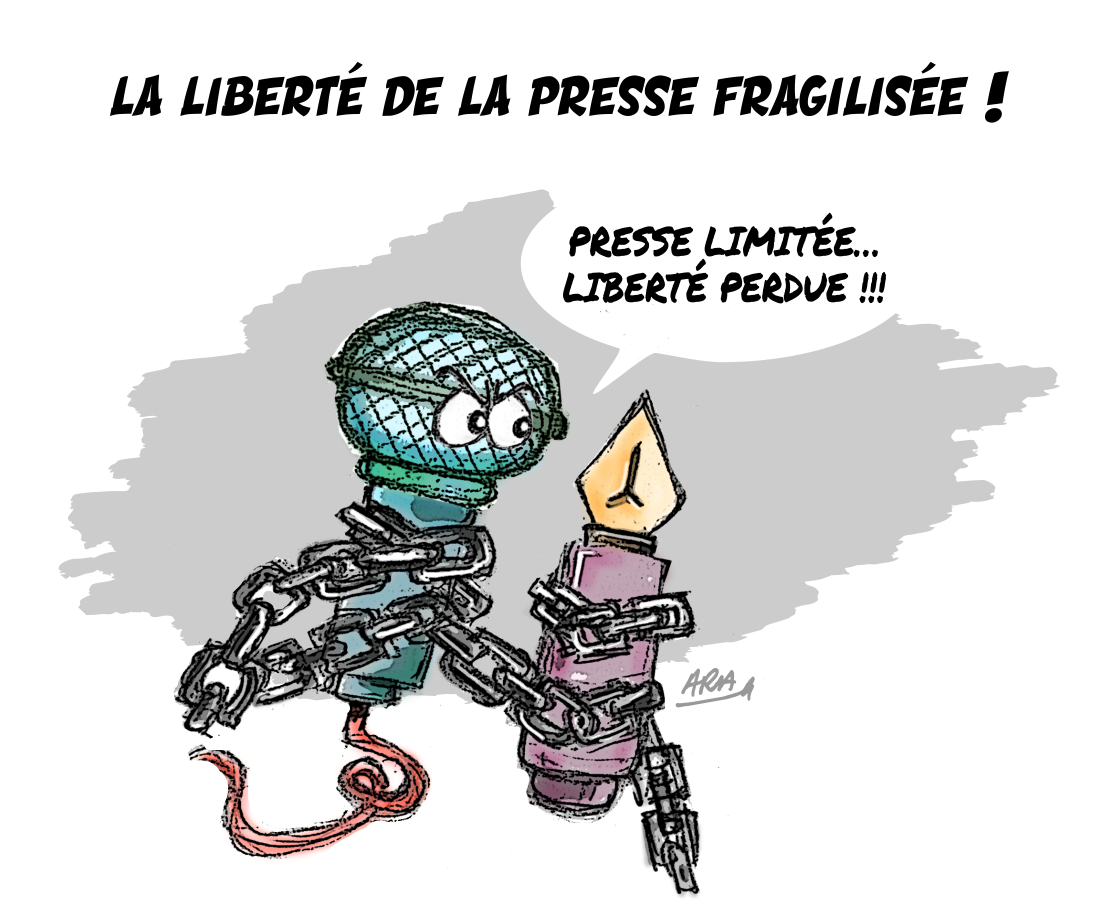When the CNRS funds Chavalarias' conspiracy report : anti-science AND/or anti-debate ?

Published in March 2025 by David Chavalarias, director of the Institut des Systèmes Complexes de Paris Île-de-France (ISC-PIF), a CNRS (National Center for Sciencitic research)-affiliated laboratory, the report "Trump's version of anti-science arrives in France” claims to reveal an anti-science campaign orchestrated by the French far right, inspired by American conservative tactics under Donald Trump. Centered on an alleged attack on the OpenPortability project — an initiative to study the migration of X users to decentralized platforms like Mastodon and BlueSky — the paper argues that reactionary forces, in synergy with pro-Kremlin narratives, threaten scientific research in France. However, an in-depth analysis reveals methodological flaws, marked ideological biases and alarmist rhetoric that raise questions about its scientificity and the use of the CNRS's public funds. Between public funds, private biases: is science hijacked by the ISC-PIF with this report that cries wolf while Chavalarias plays the victim? This article offers a summary of the report, a rigorous critique, and a reflection on its political and institutional implications.
An anti-right fable: the ideological tale of Chavalarias
The report is built around five main axes. First, Chavalarias describes a conservative strategy in the United States that would aim to neutralize disinformation research centers before the 2024 election campaign, via denigration, ultraconservative media and “gag procedures”.
Secondly, he maintains, without any evidence besides his statements, that the French far right, influenced by this tactic and by the Kremlin, is attacking the CNRS and the ISC-PIF, in particular via the OpenPortability project, launched in November 2024. This project, which lists the connections of X users to analyze their migration to other platforms, is presented as a response to the closure of X's application programming interfaces (APIs) in 2023; a viral campaign called “Hello Quitte X” attracted 30,000 registrations, but also drew criticism, particularly on the use of public funds. Then, he details the modus operandi: a digital community described as “confusionist and anti-system”, with pro-Kremlin sympathies, relayed by the National Rally and structures financed by Pierre-Édouard Stérin via his Pericles project, would have spread false information and personal attacks against Chavalarias. Finally, he calls for a mobilization against this so-called “anti-science”, linking these events to an ideological climate conducive to disinformation, as if his position at the CNRS allowed him to decree truth from falsehood, good from evil.
Pseudo-science to the rescue: the wobbly strings of the ISC-PIF and the objective criteria not met
For a report to pass the test of a scientific work, it must meet objective criteria: clarity of definitions, methodological transparency, falsifiability, an impartial approach and the possibility for other researchers to reproduce the results. On these points, Chavalarias' text collapses.
The term “disinformation” is ubiquitous, but never defined. Is it a verifiable factual error, a divergent opinion, or malicious intent? Without a clear framework, the author can classify any criticism as disinformation, undermining all objectivity. For example, on the origin of Covid-19, Chavalarias initially supported the official narrative of a natural origin, dismissing lab leak hypotheses as conspiracy theories. However, on April 2, 2025, the Academy of Medicine recognized a “high probability” that the virus originated in a laboratory, corroborating a 2024 report from the House of Representatives to the U.S. Senate and a study by Luc Montagnier and Jean-Claude Perez (July 30, 2020). This about-face highlights the lack of rigour in his initial definition of disinformation.
In addition, the method used to identify 367 accounts accused of attacks relies on manual collection with vague criteria, such as “original hateful content,” and the percentages put forward, such as 62.5% of accounts from a confusing community, are not based on any clear explanation, making the findings unverifiable. Ties to the Kremlin or Trump are based on coincidences, such as the sharing of messages, without concrete evidence such as funding, which prevents any validation or refutation.
The partisan tone, with words like “reactionary” or “confusionist,” and the obsession with the far right, ignoring other possible sources of disinformation, betray a lack of impartiality. Finally, without access to X's programming interfaces or to the raw databases, which contain 711 million messages, no one can reproduce this analysis, a fatal flaw for a serious study.
On these criteria, the report fails to rise to the rank of a rigorous academic work. This report is more a militant discourse than an impartial research.
The Broken Mirror: Chavalarias, master of the disinformation that he denounces
The text accuses the far right of spreading false information to muzzle debate, but it could well be the weapon it claims to be fighting: a tool of ideological propaganda. By portraying his critics as enemies of science or Kremlin proxies, Chavalarias avoids addressing legitimate questions about OpenPortability, such as the relevance of collecting data or its public interest. This defensive attitude, reinforced by shock formulas such as “ransacking research”, seeks to discredit any opposition without discussing it. Paradoxically, by rejecting these criticisms as inadmissible, the report restricts the debate it claims to want to protect, thus reproducing the mechanisms it tries to denounce.
Instrumentalization of science: an issue perceived by the public
There is a growing distrust of the instrumentalization of science by public institutions. A poll by France-Soir/BonSens.org published on April 2, 2025 reveals that 61% of French people think that “science is too instrumentalized by politicians and the media” and 84% think that “the media amplify the fears of the French”, thus contributing to no longer recognizing what is true from what is false (79%).

These perceptions reflect a malaise that Chavalarias' report risks amplifying by aligning itself with a partisan vision.
CNRS's mission betrayed: Is Chavalarias using the CNRS as a political pawn?
The CNRS, created in 1939, has the fundamental mission of “advancing knowledge” through fundamental and applied research, independent of political or ideological pressures. Its primary objective is to produce universal, verifiable knowledge that is useful to society, not to engage in ideological struggles or to promote tools at the service of private platforms. The OpenPortability project, by facilitating the migration of X to Mastodon or BlueSky, and the report that defends it are moving away from this mission. They seem to serve a cause – opposition to X and figures like Trump – rather than a disinterested scientific advance. This drift risks transforming the CNRS into a partisan actor, to the detriment of its original vocation.
Public money, private agenda: Parliament must stop the waste
The funding of the report and the OpenPortability project by the CNRS raises ethical and political questions. If Chavalarias' hypotheses are more ideological than factual – such as Kremlin influence without tangible evidence – voices in parliament are likely to be raised.
In the Senate, the Finance Committee should focus on scrutinizing the use of public funds for research marked by such partiality, while the Committee on Culture, Education, and Communication could verify whether the CNRS still respects its scientific mission. In the National Assembly, the Finance Committee should question the relevance of OpenPortability, and the Committee on Cultural Affairs and Education should assess its impact on public debate.
An independent audit is necessary to decide: is the CNRS financing a neutral science or a personal project?
Bankrupt fact-checking: Chavalarias and his allies discredited
Chavalarias maintains close ties with self-proclaimed “fact-checking” groups, such as Conspiracy Watch, led by Rudy Reichstadt, who pose as defenders of an official truth, as it were, the guardians of a patent narrative. These structures, often supported by public funds or foundations linked to state interests, have seen their credibility collapse with many citizens.
For example, Conspiracy Watch has long called those who evoke an artificial origin of Covid-19 “conspiracy theorists”, supporting the zoonotic thesis until the evidence of a laboratory leak accumulated. Chavalarias has followed this line in his past work, rejecting alternative theses as unfounded. This convergence with ideologized fact-checkers, now discredited by reversals such as that of the Academy of Medicine, weakens his position as an impartial researcher.
The real conspiracy theorist: Chavalarias, architect of his cabal?
The qualifier “conspiracy theorist” suits Chavalarias more than those he accuses. By weaving a story where the far right, the Kremlin and the Trumpists unite against science without providing solid evidence, he builds a conspiracy theory based on dubious connections and outrageous victimization. Where the “conspiracy theorists” he criticizes sometimes rely on distorted but concrete facts, Chavalarias puts forward an impossible hypothesis, supported by emotional rhetoric rather than rigorous data.
The ISC-PIF's boomerang: a report that exposes the excesses of research
A threat to science or a mirror held up? The report warns against “anti-science” from elsewhere, but its flaws suggest that it itself harms science by mixing research and activism. It does not stand up to rigorous scrutiny and seems designed to shield the ISC-PIF from criticism rather than to shed light on a complex reality.
The use of public funds for such work, which prefers ideological presuppositions to facts, calls for an urgent parliamentary debate. If the CNRS does not refocus its priorities on transparent and impartial science, it risks leaving itself open to the criticisms it seeks to ward.
Paradoxically, the importance of such a document lies in the demonstration it unwittingly provides: there is a real problem in research and the use of public funds, where biased work can be financed under the guise of science.
This is the only positive point of this report, which acts as an alarm signal on the possible excesses of the institution.
In conclusion, this document is not only a scientific failure; It is a symptom of a drift in which public research becomes a propaganda tool, stifling the debate it claims to protect. Parliamentarians have a role to play in ensuring that public funds serve the truth, not a partisan vision.
Meanwhile, the appointment of Dr. Jay Bhattacharya as head of the National Institutes of Health (NIH) in the United States, confirmed by the Senate on March 25, 2025, blows a wind of hope to restore science to its former glory. Known for his opposition to authoritarian measures during the Covid-19 crisis and his defense of targeted protection of the most vulnerable, Bhattacharya embodies a desire to denounce the ideologized and instrumentalized practices of science for personal or political ends. His assumption of office on April 1, 2025 promises to bring rigor and freedom of expression back to the heart of research, offering a striking contrast with the excesses illustrated by Chavalarias' report.
The Citizen Collective is a group of committed citizens who work collaboratively to decipher, research, analyze, verify and validate information. They are of diverse scientific backgrounds, but above all have a sincere experience of life and an unfailing commitment to the search for the truth without any polemics, without bias.
L'article vous a plu ? Il a mobilisé notre rédaction qui ne vit que de vos dons.
L'information a un coût, d'autant plus que la concurrence des rédactions subventionnées impose un surcroît de rigueur et de professionnalisme.
Avec votre soutien, France-Soir continuera à proposer ses articles gratuitement car nous pensons que tout le monde doit avoir accès à une information libre et indépendante pour se forger sa propre opinion.
Vous êtes la condition sine qua non à notre existence, soutenez-nous pour que France-Soir demeure le média français qui fait s’exprimer les plus légitimes.
Si vous le pouvez, soutenez-nous mensuellement, à partir de seulement 1€. Votre impact en faveur d’une presse libre n’en sera que plus fort. Merci.
 Je fais un don
Je fais un don
